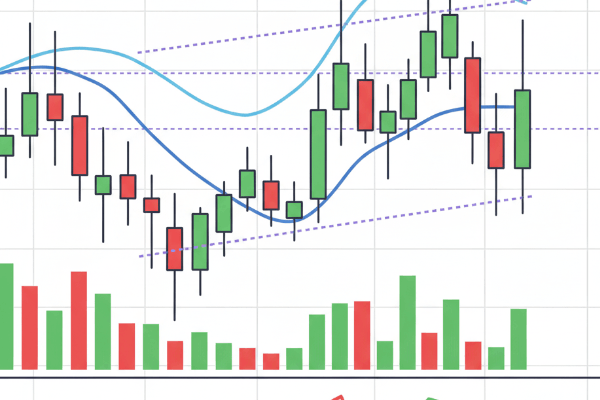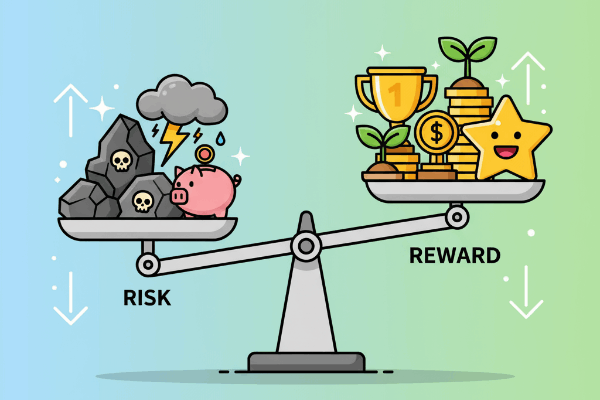Entering the world of trading is an exciting venture, filled with the promise of financial independence. However, the path is fraught with common pitfalls that can quickly derail a new trader's journey. Understanding these mistakes is the first step to avoiding them and building a sustainable trading career. Here are the five most common errors beginner traders make.
1. Trading Without a Plan
The most frequent mistake is diving into the market without a clear strategy. Many beginners trade based on gut feelings, "hot tips," or random market movements. This is not trading; it's gambling.
The Solution: Create a Concrete Trading Plan
Your trading plan is your business plan. It must define your goals, risk tolerance, and the specific rules for your trades. It should answer questions like:
- What markets will I trade?
- What is my strategy for entering and exiting trades?
- How much capital will I risk on each trade?
- How will I manage my trades once they are open?
A solid plan removes emotion and ensures you make disciplined, consistent decisions.
2. Ignoring Risk Management
Beginners often focus solely on potential profits while neglecting potential losses. They might risk a large portion of their account on a single trade, hoping for a big win, or trade without a stop-loss order. This is a recipe for disaster.
The Solution: Prioritize Capital Preservation
The number one rule of trading is to protect your capital. Implement strict risk management rules:
- The 1-2% Rule: Never risk more than 1-2% of your trading capital on a single trade. This ensures that even a string of losses won't wipe out your account.
- Always Use a Stop-Loss: A stop-loss is a pre-determined exit point for a losing trade. It takes the emotion out of cutting losses and protects you from catastrophic drawdowns.
3. Revenge Trading
After taking a loss, it's natural to feel the urge to "win it back" immediately. This emotional response, known as revenge trading, often leads to bigger, more irrational trades and even greater losses. The market doesn't owe you anything, and trying to force a win will only lead to pain.
The Solution: Accept Losses and Step Away
Losses are an unavoidable part of trading. The best traders accept this and move on. After a losing trade, take a break. Step away from your screen, clear your head, and analyze what went wrong without emotion. Sticking to your trading plan is crucial, especially after a loss.
4. Neglecting Education
The financial markets are complex and constantly evolving. Many beginners underestimate the amount of knowledge required to be consistently profitable. They might follow signals blindly without understanding the underlying analysis or jump from one "holy grail" strategy to another.
The Solution: Commit to Continuous Learning
Successful trading requires a deep understanding of the markets. Dedicate time to learning about technical analysis, fundamental analysis, and market psychology. The best way to accelerate your learning without risking real money is by practicing on a **Quotex demo account**. It allows you to test your strategies in a real market environment, risk-free.
5. Having Unrealistic Expectations
Many new traders are lured by the promise of getting rich quick. They expect to turn a small account into a fortune overnight. When reality hits, they become frustrated, take excessive risks, and ultimately fail.
The Solution: Treat Trading as a Business
Trading is a marathon, not a sprint. Approach it with the mindset of a business owner. Focus on slow, consistent growth rather than chasing massive profits. Set realistic goals, be patient, and understand that developing trading skills takes time and effort.
Conclusion: Build a Foundation for Success
Avoiding these five mistakes won't guarantee profits, but it will significantly increase your chances of survival and long-term success. Trading is a journey of discipline, continuous learning, and emotional control. By building a solid foundation based on a robust plan and smart risk management, you can navigate the markets with confidence.



